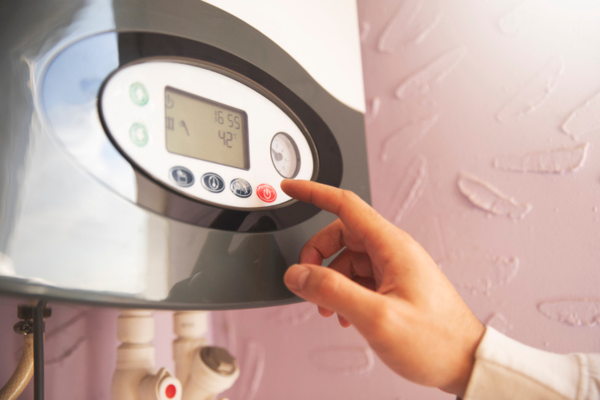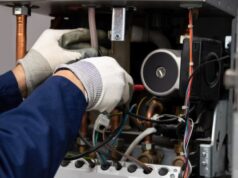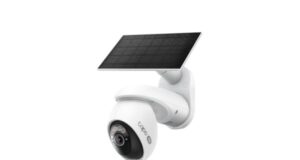
Hybrid hot water systems combine the benefits of traditional storage tanks and instantaneous (tankless) units. They typically store a small amount of pre‑heated water for immediate use while relying on an on‑demand heating element to supply additional hot water as needed. This design aims to provide continuous hot water without the long recovery times of full storage systems or the energy spikes of purely tankless models.
Why they are relevant in Australian renovations
In Australia, renovations are increasingly driven by energy efficiency, sustainability and regulatory compliance. The National Construction Code 2022, enforced nationally since October 2023, places greater focus on hot water efficiency to support higher NatHERS and Green Star ratings. Hybrid systems are well suited to these goals because they balance energy savings with consistent performance.
They are also attractive for homes with fluctuating water usage. Families renovating older houses, for example, may want higher flow rates during peak times but still benefit from lower running costs at other times.
Advantages of hybrid systems
Hybrid units offer several advantages over purely tank or tankless designs:
- They provide immediate hot water due to stored capacity while maintaining continuous supply through on‑demand heating.
- They can be more energy‑efficient than large storage tanks because they heat only what is needed beyond the stored volume.
- They avoid the “cold water sandwich” effect sometimes experienced in tankless systems.
- They can suit homes with inconsistent water pressure, which can affect some fully tankless systems.
Considerations and installation requirements
Hybrid systems are typically larger than tankless models and may require more installation space. While they can be retrofitted into existing homes, older plumbing or electrical systems may need upgrading to handle the load.
As with other hot water systems, professional installation is required. In Australia, only licensed plumbers can install or modify hot water systems, and additional electrical work must be completed by a licensed electrician. Renovators should also consider state rebates or incentives for energy‑efficient appliances, which are available in some regions.
Fuel types and energy sources
Hybrid hot water systems are available in electric, gas and solar‑boosted variants. Gas hybrids can provide faster recovery rates, while electric and heat‑pump hybrids can take advantage of solar PV systems and off‑peak tariffs. Selecting the right type depends on household size, existing infrastructure and energy goals.
Trends in the Australian market
Australian homeowners are increasingly opting for smart and connected systems. Many new hybrid units feature Wi‑Fi monitoring, app‑based controls and integration with energy‑management platforms. These features help households track energy use and optimise performance, especially in homes with solar panels and battery storage.
The market is also shifting toward sustainability, with manufacturers offering models that use environmentally friendly refrigerants and materials. Hybrid systems align with the push toward 7‑Star NatHERS ratings and all‑electric home designs.
Hybrid hot water systems provide a balance between storage and instantaneous technologies, making them an appealing choice for many Australian renovations and new builds. They deliver reliable hot water, support energy efficiency targets and integrate well with modern smart‑home systems. As sustainability and compliance become central to home upgrades, hybrid systems are likely to become more common across Australian households.





